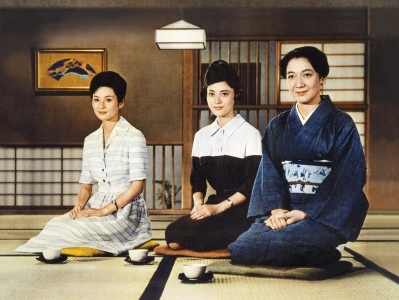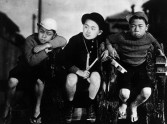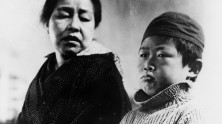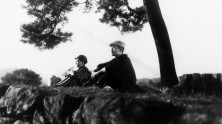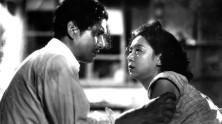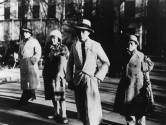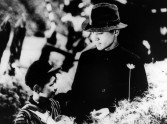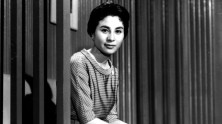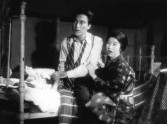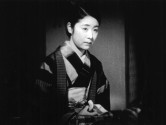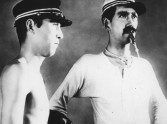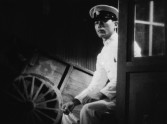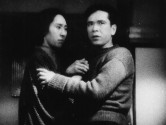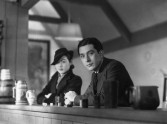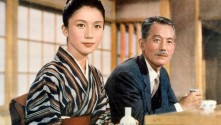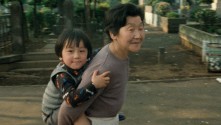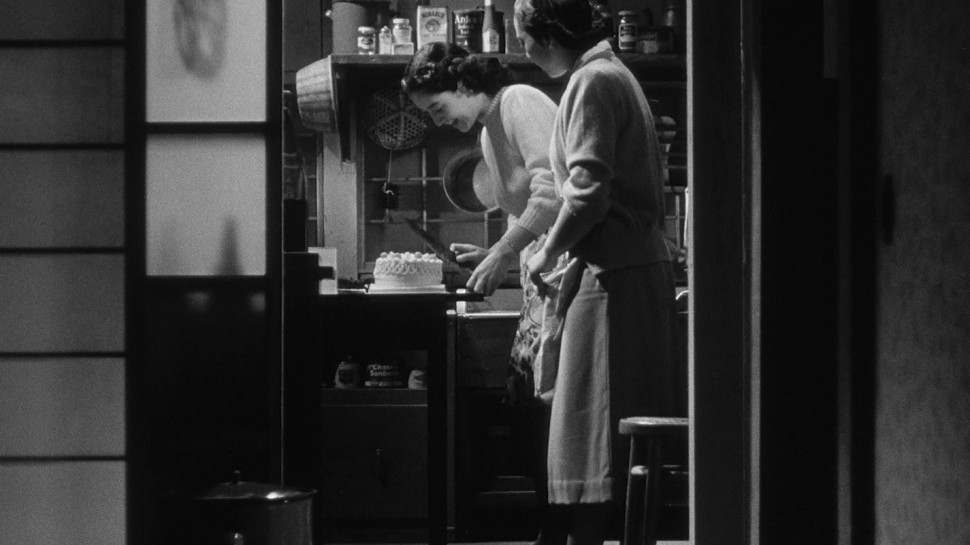
The multi-layered background of Ozu’s second tale of Hara Setsuko’s Noriko is the entropic dissolution of her extended family. She resists the inexorable tide of change by refusing the pressure of her stern older brother (played, unexpectedly, by Ryu Chishu) towards a marriage offer she is reluctant to accept. Early Summer offers a keen and often critical exploration of the Japanese postwar family that sees the different generations choosing their individual needs over the larger group in a series of miscommunications and cross-purposes that are at turns comic and cutting. Yet through the figure of Hara’s Noriko, Ozu also suggests an alternative to the malcontent status quo, embodied in a sacrifice whose full meaning only gradually unfolds. – HG
Part of film series
Screenings from this program
Late Spring
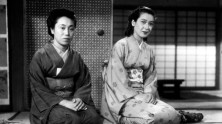
Tokyo Story
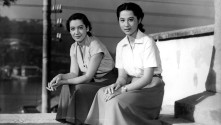
Early Summer
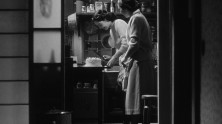
Passing Fancy
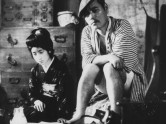
Dragnet Girl
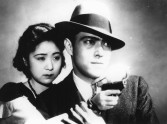
Tokyo Story

A Story of Floating Weeds
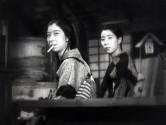
Days of Youth
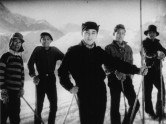
The Flavor of Green Tea over Rice
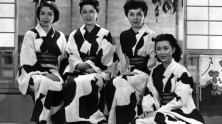
Early Spring
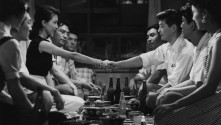
The Munekata Sisters
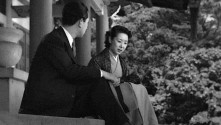
Floating Weeds
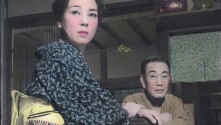
Good Morning
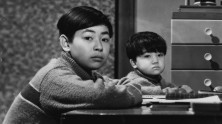
Late Autumn
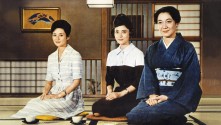
Tokyo Twilight
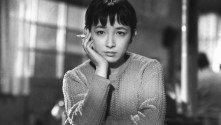
The Brothers and Sisters of the Toda Family
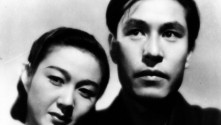
I Flunked, But …
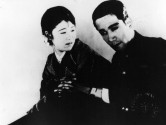
Late Autumn

Where Now Are the Dreams of Youth?
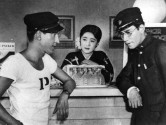
The End of Summer
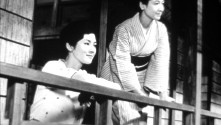
Early Spring

Café Lumière

Tokyo Story

